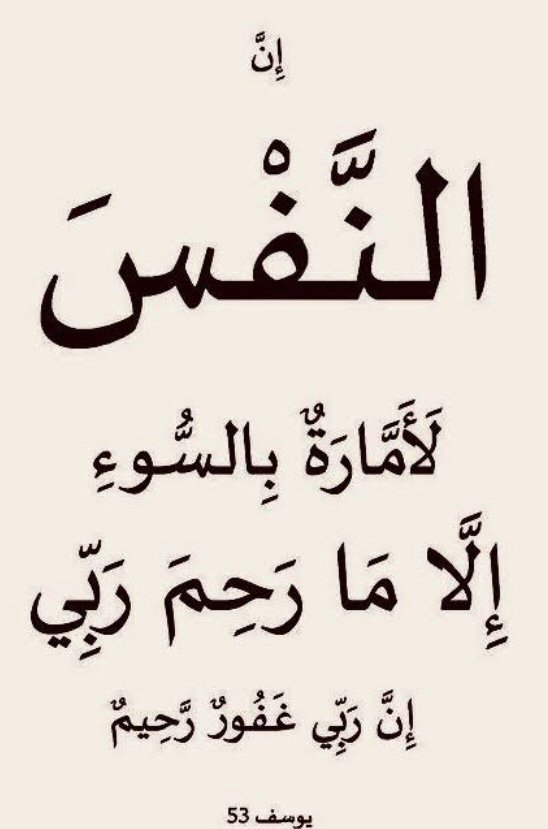Hazrat Moulana Ashraf Ali Thaanwi (Allah have mercy on him) once mentioned the following:
In this path of tasawwuf (self-reformation, the primary effort is upon the heart, and) the heart is extremely delicate and sensitive, like a delicate flower. (Just as a delicate flower is easily damaged by the environment, similarly the heart is easily affected by the wrong environment). Hence, at all times, one should ensure that he safeguards and protects his heart from any type of evil.
(In essence, if the heart is pure and righteous, then the actions which one will carry out will also be pure and righteous, and if the heart is corrupt, then accordingly, the actions which one will carry out will also be corrupt.)
Once, Hazrat Umar (radhiyallahu ‘anhu) was seen carrying a water bag on his shoulder (taking it to give people water to drink). When asked the reason for him carrying the water bag himself and providing water for the people, he replied, “Certain delegations from other lands had come to Madinah Munawwarah, and the atmosphere that was created through their presence with me was one of grandeur and glory. On account of this, I feared that self-admiration and pride should not enter my heart. Therefore, as a remedy and cure, I decided to carry the water bags and provide water to the people to prevent pride from entering my heart.”
(Malfoozaat Hakeemul Ummat 24/259-260)
Ihya ud Deen














